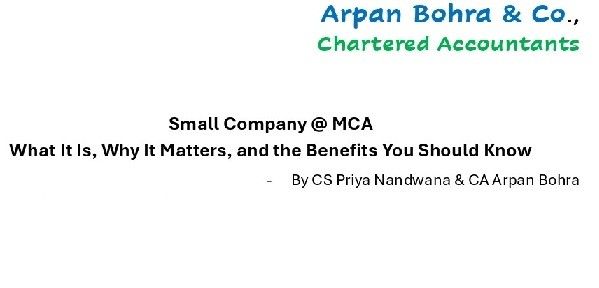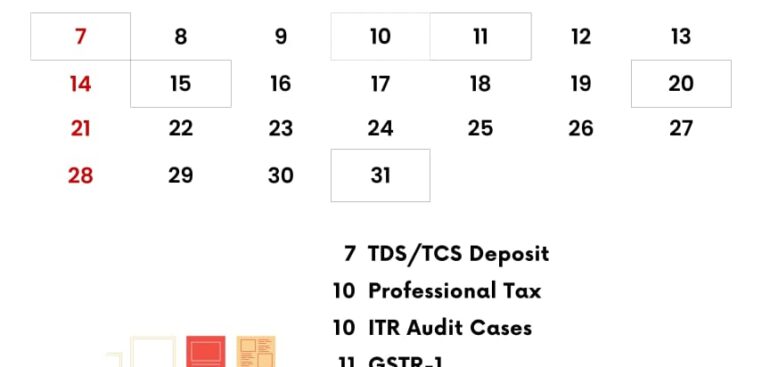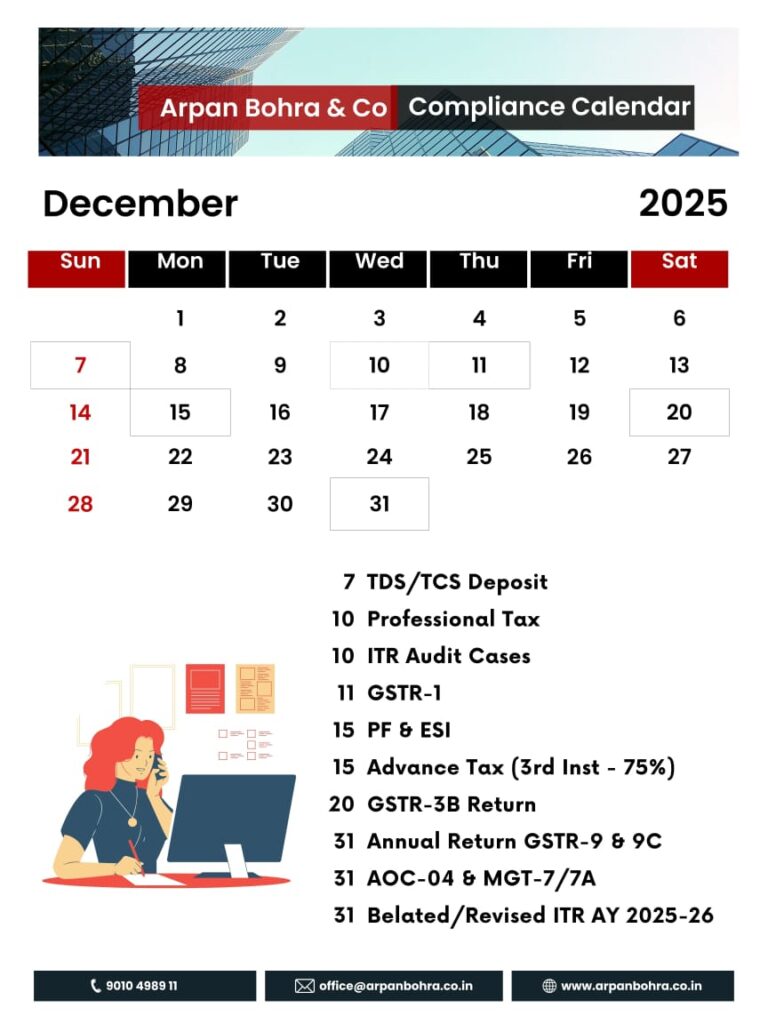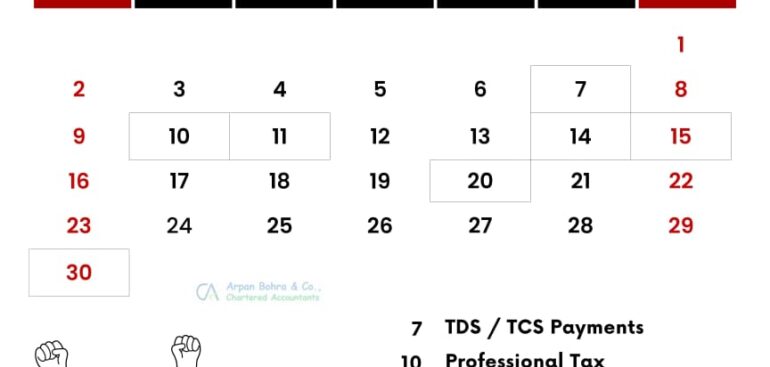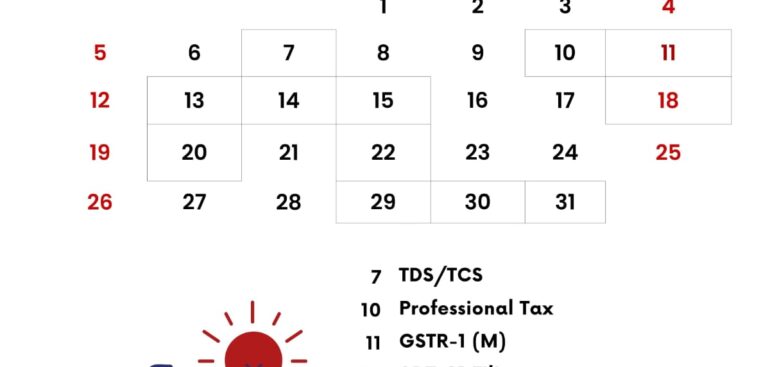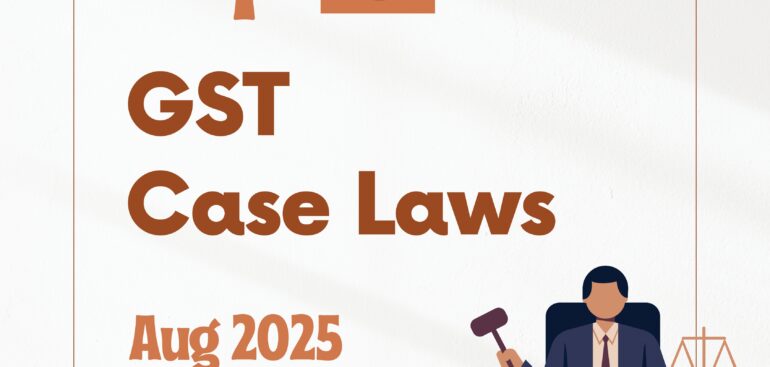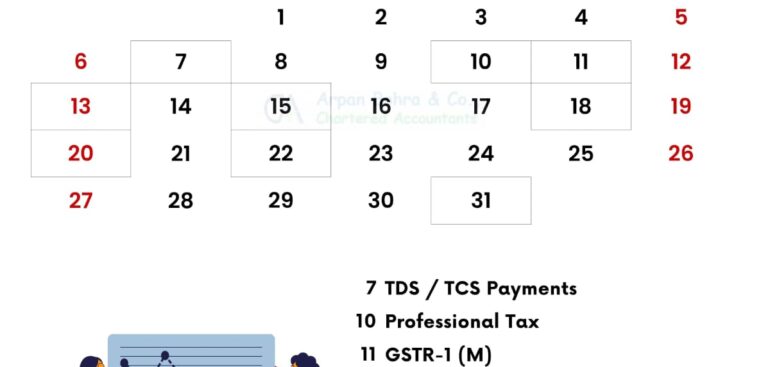The Ministry of Corporate Affairs (MCA) has redefined the landscape for private companies by enhancing the thresholds for classification as a Small Company. With the revised limits of paid-up capital up to Rs. 10 crore and turnover up to Rs. 100 crore (effective from the date of publication in the Official Gazette), a substantially larger segment of Indian enterprises now falls within this category. This amendment is not merely a numerical revision; it is a structural reform designed to support emerging and growth-stage businesses.
| Small Company | Earlier Definition | New Definition (2025 Update) |
| Paid-up capital up & | Up to Rs. 4 crore | Up to Rs. 10 crore |
| Turnover | Up to Rs. 40 crore | Up to Rs. 100 crore |
What is a Small Company
Under Section 2(85) of the Companies Act, 2013, a Small Company is a private company that is not a holding or subsidiary company and meets the notified financial thresholds. Historically, the definition was restrictive, covering only early-stage or smaller entities. With the revised criteria, companies with expanding operations, wider turnover spread and promoter-led structures can now operate within a more suitable compliance framework.
Why Small Companies Matter
The concept of a Small Company is rooted in proportionate regulation. Businesses in their early or mid-growth phases require governance that is robust yet not excessive. These companies often depend on fast decision-making, evolving models, and nimble structures. The law aims to ensure that such businesses can focus on scaling, product development, market expansion and internal process strengthening without facing compliance intensity designed for large corporations.
Sectors such as technology, IT-enabled services, consulting, manufacturing, trading, logistics and professionally run family enterprises stand to benefit due to their fast turnover cycles and lean capitalisation patterns.
Benefits of Being Classified as a Small Company
Statutory Advantages under the Companies Act
Small Companies enjoy a suite of statutory advantages that balance compliance quality with operational efficiency. Key benefits include:
| Sl.No | Advantages |
| 1 | MGT-7A filing instead of the detailed MGT-7, enabling a compact and focused annual return. |
| 2 | Exemption from cash flow statements, resulting in concise financial statements compliant with Schedule III. |
| 3 | No requirement for dematerialisation of securities, thereby avoiding ISIN and demat obligations under Rule 9A. |
| 4 | Lower penalties under Section 446B, ensuring proportionate consequences for technical delays or first-time defaults. |
| 5 | Only two Board Meetings per financial year, maintaining governance without procedural heaviness |
| 6 | Simplified Board’s Report under Rule 8A, significantly reducing disclosure expectations. |
| 7 | Internal audit exemption unless the company independently meets Rule 13 thresholds. |
| 8 | Non-applicability of CARO, allowing a streamlined statutory audit. |
These advantages do not dilute compliance discipline; they create a balanced and implementable regulatory environment for growth-oriented private entities.
Why the Thresholds Have Been Increased
The enhanced limits align with India’s long-term objectives around ease of doing business and regulatory rationalisation. The earlier thresholds did not reflect the scale of modern enterprises, especially those achieving high turnover with lean capital.
By increasing the limits, MCA aims to:
- Bring thousands of mid-sized entities under a supportive regulatory regime.
- Prevent early-stage and expanding companies from prematurely entering the full compliance bracket.
- Align thresholds with current business realities, inflation trends and sectoral growth patterns.
- Ensure that companies experiencing rapid expansion retain regulatory stability and operational flexibility.
Companies with turnover between Rs. 40 crore and Rs. 100 crore or paid-up capital between Rs. 4 crore and Rs. 10 crore now remain within the Small Company framework during a critical growth phase.
Impact on Startups and Growth-Stage Companies
- Startups,
- IT service providers,
- manufacturing units with faster turnover cycles,
- trading entities and
- professionally managed family enterprises particularly benefit.
Many such businesses cross earlier limits early in their lifecycle but still operate with compact teams and developing internal systems. The revised definition ensures a regulatory environment proportionate to their operational scale.
Conclusion
The revised definition of a Small Company is a timely and strategic intervention. It reinforces the principle that regulation must grow with the business, not ahead of it. Companies newly covered under the enhanced thresholds will operate within a framework that is structured, proportionate and growth-aligned, enabling them to scale responsibly while maintaining statutory compliance.
This amendment marks a significant shift: growth and compliance can co-exist without creating procedural friction. The Companies Act, through this reform, strengthens its commitment to fostering an environment where India’s emerging and mid-sized enterprises can expand with clarity, confidence and compliance certainty.
————————————————————————————————————–
Disclaimer
This article is for informational purposes only and does not constitute legal or professional advice. While every effort has been made to ensure accuracy, readers are advised to consult a qualified legal or tax professional before making any decisions or entering into a Shareholders’ Agreement. For any queries, clarity, or context beyond this article, feel free to connect: Priya – 📧 cs@arpanbohra.co.in & Arpan – 📧 ab@arpanbohra.co.in and We’ll be happy to assist you with professional and customized advice tailored to your business goals.
————————————————————————————————————-

